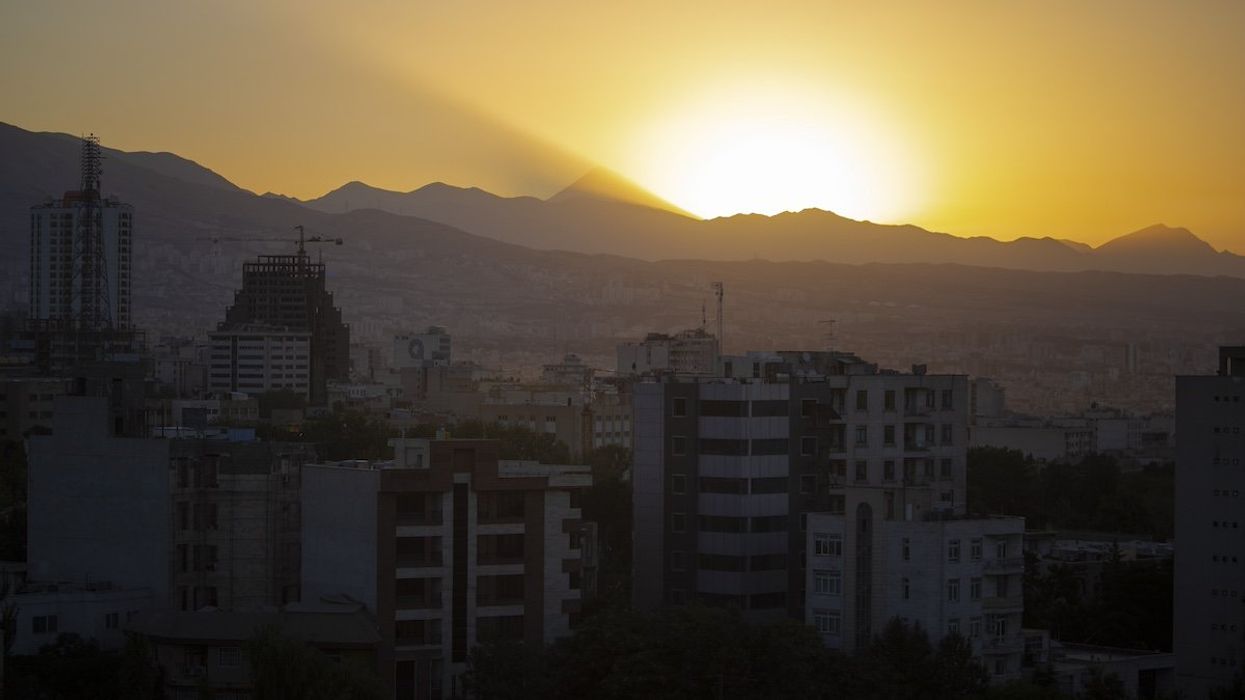
TV
Podcasts
PUPPET REGIME
Global Stage
|
Blue Circle
Energized: The Future of Energy
Could space make Canada more vital than ever?
We have updated our Privacy Policy and Terms of Use for Eurasia Group and its affiliates, including GZERO Media, to clarify the types of data we collect, how we collect it, how we use data and with whom we share data. By using our website you consent to our Terms and Conditions and Privacy Policy, including the transfer of your personal data to the United States from your country of residence, and our use of cookies described in our Cookie Policy.
A view is being seen of the northeast of Tehran at sunrise on August 17, 2012.
After weeks of increasingly severe blackouts caused by massive natural gas shortages in Iran, the state power company warned manufacturers on Friday that they need to brace for power cuts that could last weeks and cost billions of dollars. The government is facing a difficult choice between cutting fuel for power plants or for residential heating — and are taking the first option in a bid to keep a lid on public discontent.
Markets took small comfort, however, with the Iranian rial plummeting to 770,000 to the dollar, its lowest value ever. Ordinary Iranians spent most of last week not knowing whether they would be able to send their children to school or go to work themselves the next day, a situation which seems likely to continue.
Wait, doesn’t Iran have tons of natural gas? Yes, and generous subsidies for consumers to boot, which means the overwhelming majority of Iranians depend on — and arguably overconsume — natural gas for home heating and cooking. But even though the Islamic Republic sits on the world’s second-largest reserves, sanctions and international isolation have left its infrastructure and technology woefully inadequate to supply its own needs.
Iranian producers already burn off huge quantities of natural gas released in oil extraction because they lack the technology to collect it instead. And much of the natural gas Iran does extract is then exported to Turkey and Iraq, where it brings in much-needed hard currency.
The New York Times also reported on Saturday that Israeli strikes against two pipelines back in February forced Tehran to eat into reserves that it was unable to replenish over the summer.
